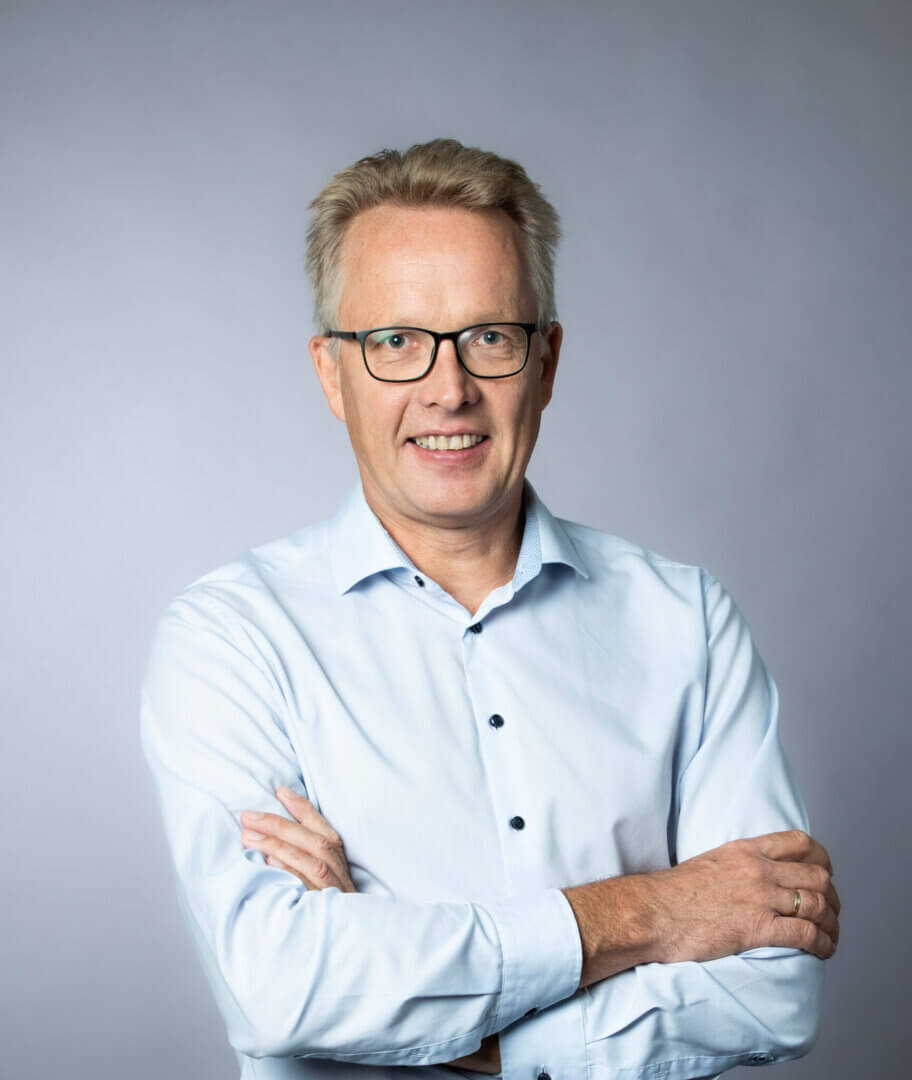Investments in drug development: “We need to get to the source of the deals”
Dr. Frank Hensel is Principal at High-Tech Gründerfonds (HTGF), where he is primarily responsible for start-ups from the field of drug development. Before joining HTGF, he was a successful entrepreneur himself and is now able to share his practical experience with start-ups. We sat down for a chat with him about the challenges of the sector, how HTGF is on the lookout for new innovations and why partnerships are especially important in this field.
Frank, your investments are focused on the field of drug development. What is the general state of this industry in Germany?
Frank Hensel: Germany is traditionally very well positioned in this field. We have a strong pharmaceutical industry that is held in high regard throughout the world. This is due to the excellent research landscape in Germany as well as our universities and scientists. But we also see a number of challenges. Transfer between research, science and industry could still be improved. That’s something we need to work on.
What do you mean exactly by transfer?
Frank Hensel: Transfer is all about translating scientific results into business models and start-ups, thus ensuring that commercialization takes place. Many researchers in Germany are not even aware of this potential. They mainly focus on publications – which are undoubtedly very important. But if we look at the situation abroad, particularly in the US, then we see that both is possible – scientific publications and the translation of scientific results into business models.
Why is this something that Germany struggles with?
Frank Hensel: We lack the necessary structures. It’s like we have two separate fronts at the moment: academia on the one side and the biotech/pharmaceutical industry on the other. We need to establish more links between the two. There is a lot of wasted potential – both from an innovative and a financial perspective – that we at HTGF are looking to tap into.
How are you exploiting this potential?
Frank Hensel: We directly approach the universities and tech hubs and speak with professors and potential company founders. We look to find promising ideas and innovations. And we coach scientists there in entrepreneurship and talk to them about founding an enterprise. Our aim is to reach out to these people perhaps before they themselves have thought about starting a company.

How do you approach the universities and tech hubs?
Frank Hensel: We tend to stay in close dialogue with the universities in general. But events like our Pitch Days are certainly a key aspect, which we stage very successfully with the universities and research centres, and we also take part in conferences. This helps us to bring together the community of investors, researchers, and entrepreneurs. We also work with first-class research institutions and have a very close partnership with major technology transfer companies in Germany. This is another way in which we establish contacts and enter a dialogue with potential partners.
Why is this exchange so important?
Frank Hensel: On the one hand, it is of course important that we at HTGF get our name out there. And we want to spread more knowledge about founding companies in the field of drug development. But at HTGF, we also see ourselves as a networker. We are an anchor point that brings together people and ideas. This task is especially important in this field, as people from the life sciences are traditionally more cautious when it comes to starting companies. We want to show prospective entrepreneurs that we have a network they can use and tap into at an early stage. We are thus helping to break down the barriers between science and industry. This is something that’s really important.
In general, what does HTGF look out for when investing in new drug development innovations and technologies?
Frank Hensel: One important aspect is to ensure that they are of interest for pharmaceutical companies and potential partners alike. Investments in drug development are very costly. The investment needs to be worthwhile in the long run and to help a lot of patients at a later date. The prospect of this has to be ensured as early as the seed phase. Partnerships are so important in this regard. At HTGF, we are part of large international consortia that jointly invest in drug development start-ups. These consortia include other institutional investors as well as private investors and pharmaceutical companies. It is only together that these huge investments can be made in the long term.
How is HTGF’s portfolio positioned in the field of drug development?
Frank Hensel: We have a very broad and highly diverse portfolio. We are currently invested in around 40 drug development companies. That is a considerable portion of the German scene. I can point to Smartbax, for example, a company that develops new antibacterial compounds with potency against multi-drug resistant bacteria. Or there’s also Tubulis, which aims to bring innovative and targeted drugs into hospitals that are potent against various cancers. The company has already signed a major collaboration deal with a pharmaceutical company. And it’s also worth mentioning Myr Pharmaceuticals, which was not only the most successful exit in HTGF’s history, but one of the few drug developments that made it all the way to approval in Germany. This just goes to show the potential of this field.

